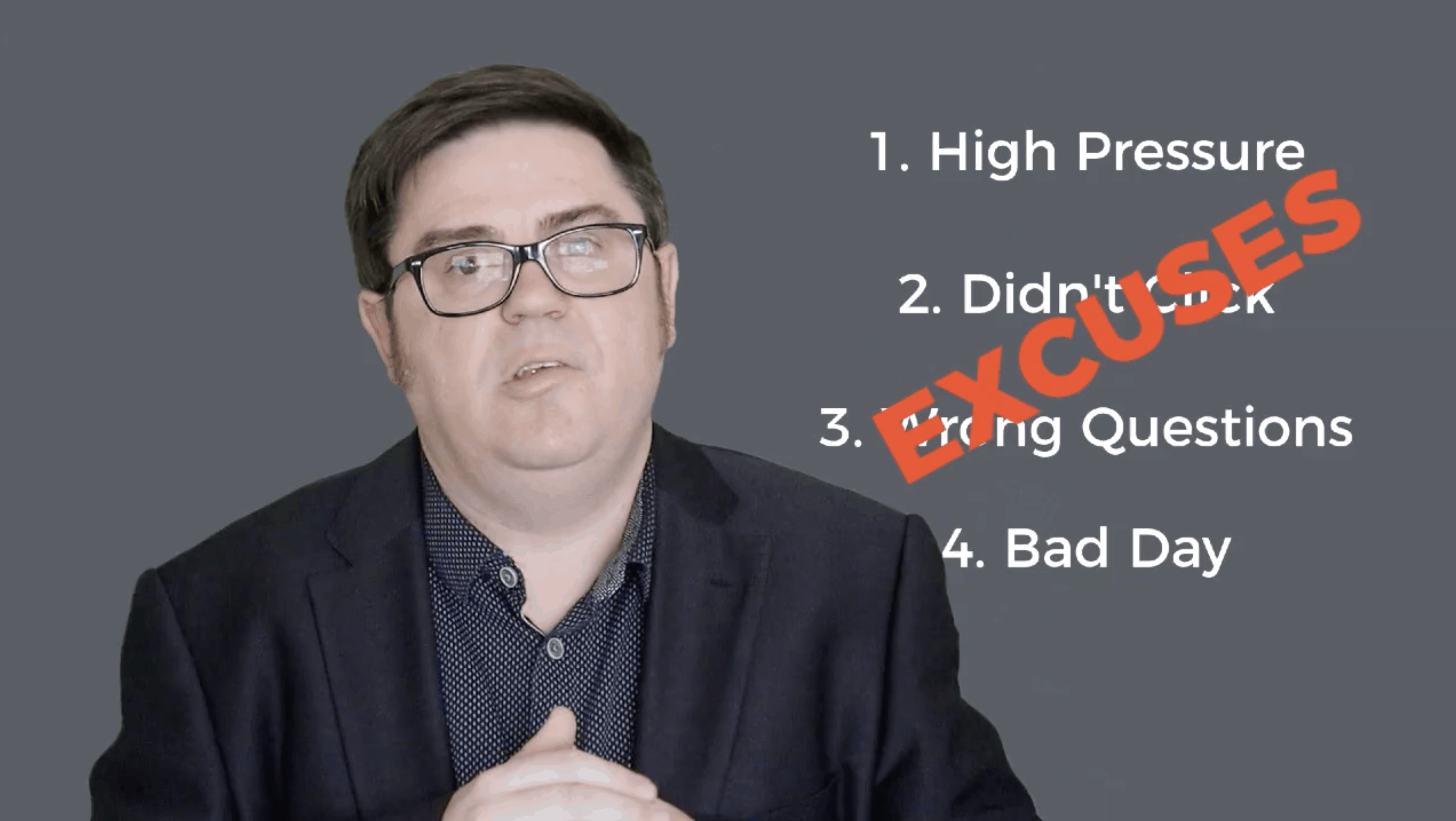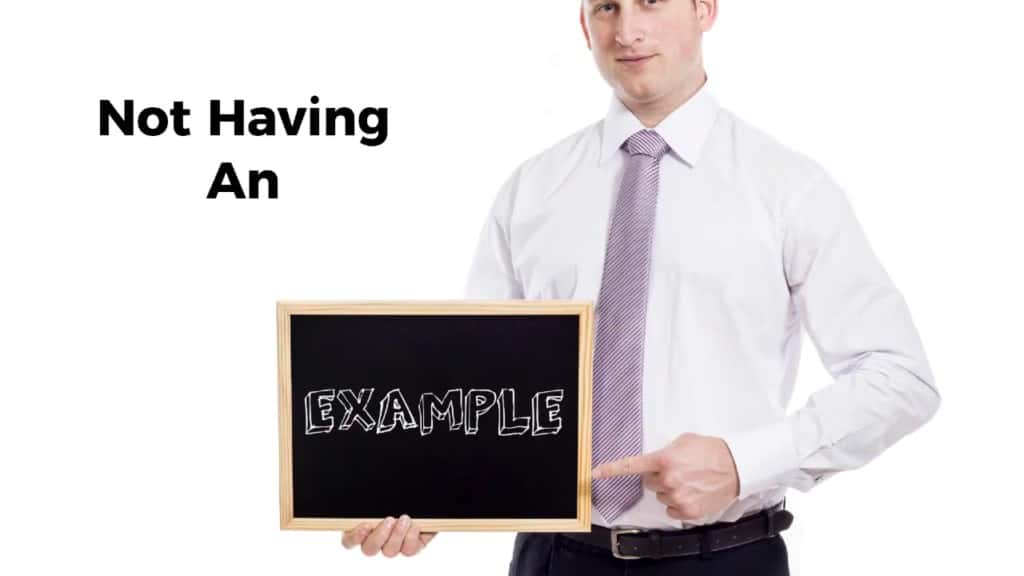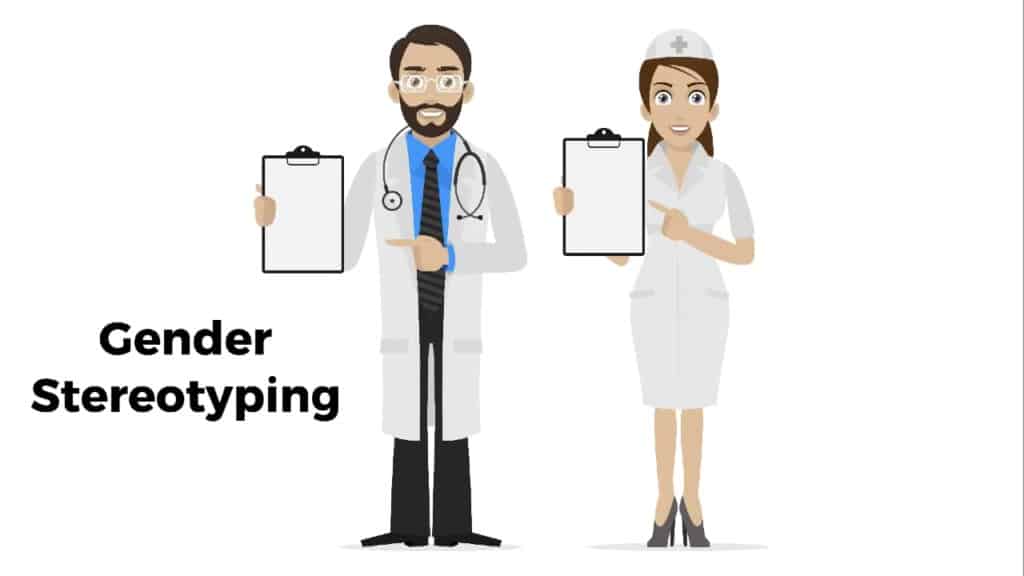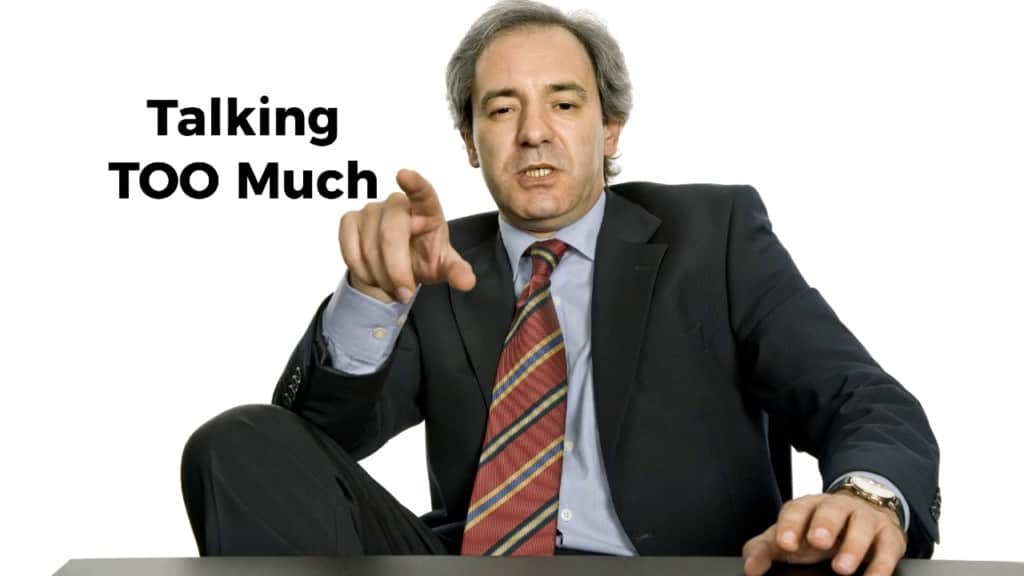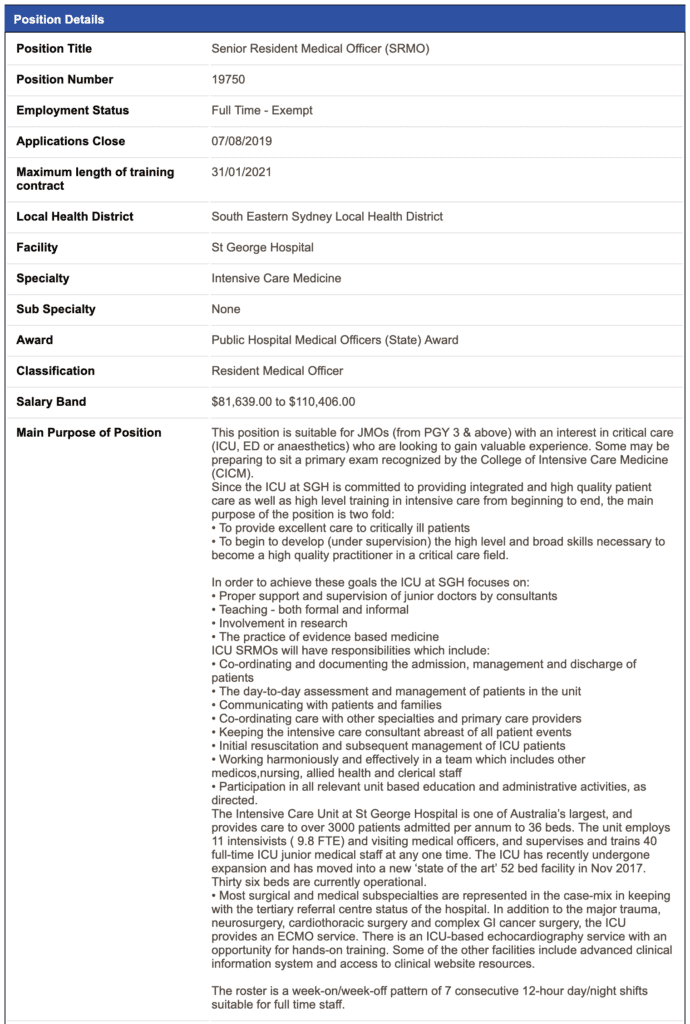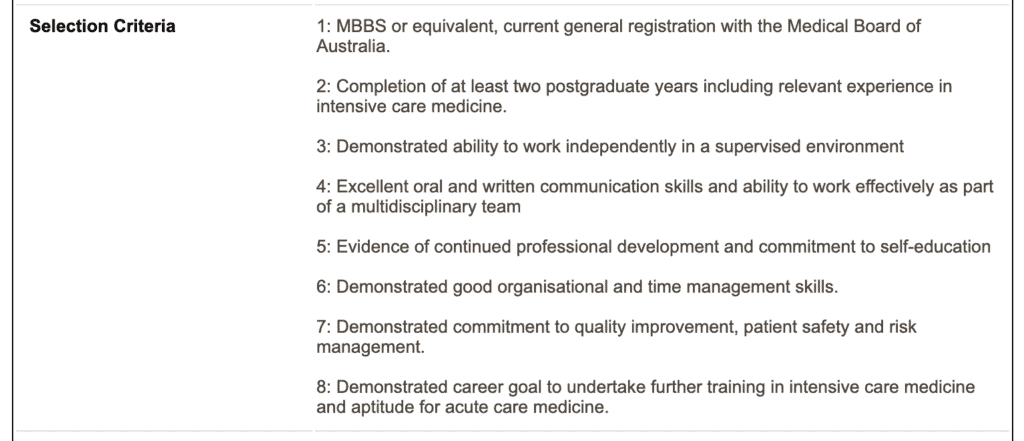Are you a doctor preparing for an upcoming job interview. Or are you contemplating your next career move? For many doctors, job interviews are a regular and even annual process. For some doctors, they can act as an annoyance (i.e. why do I need to reinterview for my job). For other doctors, they can be nerve-wracking (i.e. I really would like this prized training or consultant post). Very few doctors would actually say that they enjoy the process of a job interview. Yet job interviews are crucial for our career progression. Here are some top tips for doctor job interviews.
As someone who has literally interviewed well over a thousand doctors for jobs and now prepared over 500 doctors with interview training and interview coaching, I’d like to give you a hand by outlining my top 11 tips for preparing for a doctor job interview. AND. At the bottom of this post (to encourage you to read the post) I have also placed a link to some free training you can take to prepare you for the doctor job interview.
So first, let’s look at the most important tips for how you should best prepare for a doctor job interview. Unsurprisingly, practice and preparation is the most important tip that you can implement to ensure your success at your next doctor job interview. But try not to make this practice unfocused. It’s important to understand that there are key aspects and components of any job interview and it is much more effective if you spend time practising each of these. This is the same principle for how high-performance athletes achieve success in their sporting careers.
Okay, let’s dig in a bit deeper now to these tips starting with the most obvious starting point. Practice and Preparation.
Top Tips for Doctor Job Interviews #1

Practising Is The Number One Tip For Preparing For Your Next Doctor Job Interview.
It should go without saying but the absence of practice and preparation generally leads to underperformance and is the number one reason for job candidates being unhappy with the result of their interview.
Yet. Surprisingly many doctors do not practice or prepare for job interviews. In fact a poll, we are running on a related post indicates that well over 2/3 of doctors either did not prepare at all or only prepared the night before for their last job interview!
Think about that a bit more. What this means is that if you actually do some practice you are probably boosting your chances significantly and likely elevating yourself to the top third of candidates. Just by taking the process seriously.
But how long should you practice for a doctor job interview? The answer to this question is a bit more complicated than you would initially think. But in general, the best advice would be to give yourself at least a few weeks and try to do a number of actual interview practice sessions in that space of time. At least some of these practice sessions should incorporate some form of feedback.
Top Tips for Doctor Job Interviews #2
Make Sure You Practice The Smart Way.
But it’s not just about the amount of practice. It’s how you practice. When a high performing athlete attempts to improve their performance they don’t just do more competitions or play more games. They do things smarter. They engage in what is called deliberate practise (usually with a coach). They break the components of their sport down to more definable elements and concentrate on improving one of these at a time.
The same should apply to your interview preparation and practice. You need to spend time mastering the various elements of an interview. Elements such as:
- beginning the interview
- talking about yourself
- providing examples
- answering hypothetical questions
- not getting flustered by an unanticipated question
- giving each panel member attention
- wrapping up the interview
Trying to practice doing all of these things at once is going to lead you to become overwhelmed and likely to give up. Conversely, the point where you feel bored in practising one of these elements is probably the best indication that you should move on to another element.
Top Tips for Doctor Job Interviews #3
Read The Position Description Several Times.
It’s surprising how many doctors tell me that they are uncertain about what the panel is actually looking for. When the answer is actually staring you in the face.
Best employment practice (which is often backed up by strict policies and guidelines) guides selection panels to ask questions looking for evidence that meets the advertised selection criteria for the role.
So if you understand the job description and, in particular, the selection criteria. You will understand what the panel is looking for. And be far less surprised by the sorts of questions you get.
Top Tips for Doctor Job Interviews #4
Prepare Examples Based On The Selection Criteria.
Trust me on this one. You are much less likely to be thrown by an interview question if you have taken the time to prepare an example that fits each of the selection criteria.
At a bare minimum, you will at least have something relevant-ish to talk about whilst you are trying to work out exactly what they are asking in that curveball question.
But more likely your answer to any question will now start with the phrase “Yes, I can actually think of an example that demonstrates that particular issue”.
Of course. Not all interview questions directly ask you for an example. But even if it’s a hypothetical question it’s rare for the panel to knock back an actual real-world example that shows your competency in that particular area.
Top Tips for Doctor Job Interviews #5
Practice Common Questions.
Following on from the above point it’s important to practice common questions that generally come up in the interview. Medical job interview practices are remarkably stable. I generally see the same types of questions being asked across various jobs and consistently across time as well. A good starting point is to find out from past candidates what they have been asked before.
Make sure you are prepared to answer particularly common questions like:
- Can you give an example of work conflict?
- What would you do if your colleague was upset?
- How have you prepared for the role? and
- Do you have any questions for us?
With the help of past candidates, we have collected over 600 past interview questions in our interview question bank.
Top Tips for Doctor Job Interviews #6
Prepare For The Most Common Starting Question.
Without a doubt, in the majority of most doctor job panel interviews, the most common opening question is some version of providing the panel with an overview of your strengths and fitness for the role.
Most commonly asked in a very lazy way “Tell Us About Yourself?”
Even if you are participating in a multiple mini interview process there will be stations and questions where you need to be able to talk succinctly to your strengths and fitness for the role. So it’s important to be able to answer this type of question well.
There are a number of methods for doing this. Most notably the CAMP method. But it’s important to understand and practice these frameworks well before applying them.
If you would like some training on the opening question. Then there is a free training webinar running over here.
Top Tips for Doctor Job Interviews #7
Your Smile Is Your Secret Weapon.
Many doctors forget that before you even open your mouth to answer a question, there are lots of things that happen in the interview, which can definitely affect the outcome (see below). One of these is your ability to engage the panel in positive body language.
The easiest way to do this is to perfect using your smile in the interview. A well-placed smile at the start of the interview will not only convey an aura of positivity, but it will also help you feel more relaxed at the start of the process. And might just also trigger a reciprocated smile from some or all of the panel members.
Bearing in mind that many panel members make their minds up about candidates in the first few seconds. It’s so much harder to dislike someone if you are smiling at them.
Top Tips for Doctor Job Interviews #8
Get All The Other Details Out Of The Way Early.
Another way of being more relaxed about your upcoming interview is to handle all those interview-related matters early so you don’t have to stress about them and can concentrate on your actual interview preparation.
Things like:
- what outfit you will wear
- working out how to get to the interview (travel options, parking options)
- what pieces of paperwork you need to take with you
- finding out the names of panel members
Top Tips for Doctor Job Interviews #9
Don’t Arrive Too Early.
It’s obviously important to not be late for your interview. But did you know that you can also reduce the result by arriving too early?
Arriving more than 30 minutes could mean that you are bumping into other candidates who are ahead of you in the interview schedule, increasing your anxiety. It could also annoy the interview panel or secretary because they feel that they have to entertain you or offer you a coffee.
If offered a coffee, politely decline.
Better yet. If you do arrive a bit early. Check-in at the desk to let them know you have arrived. But then tell them that you are going to stretch your legs for a bit.
Top Tips for Doctor Job Interviews #10
Take Your Time In the Interview.
Doctor job interviews, particularly the trainee doctor ones, can seem and actually be quite short! So the tendency is to try to rush to ensure that you maximise your time.
This, however, can be a real error as it often leads to a response that the panel interprets as unsophisticated, rambling and unfiltered.
It is still possible to give sharp succinct answers if you prepare properly and learn how to provide structure to your responses. More often than not the panel are looking for broad principles rather than detail.
Top Tips for Doctor Job Interviews #11
Ask For Feedback At The End Of The Interview.
Asking for feedback after the interview process is inevitably unsatisfying. The panel has usually forgotten the details of your interview by that time. And all they have at their disposal normally is a bunch of handwritten notes, which they may feel uncomfortable interpreting for you.
The best time to ask for feedback is at the actual end of the interview. You might choose to use this approach as your final question to the panel. If so try to be specific, ask if there was a particular question you did badly on. If there was, perhaps there’s an opportunity to add to your answer.
Asking for feedback at the end signals that you are both interested in and open to feedback in order to improve. Which is generally considered a good employee character trait.
Need More Help Preparing For Your Next Doctor Job Interview?
With the above tips, you should be able to more effectively prepare for your next interview. But if you are looking for more guidance and help to even better prepare we mentioned above that there is some free training currently available.
If you would like to take advantage of this training just click on the link below.

